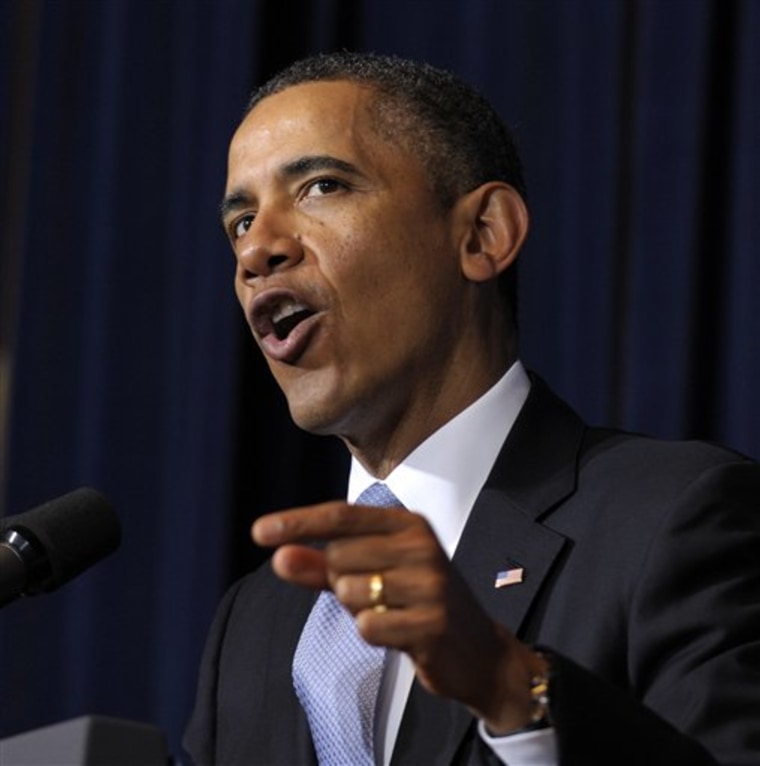Few people were expecting Friday's great jobs report. Here are the highlights:
- 236,000 jobs created
- 7.7% unemployment rate, down from 7.9%
- Construction jobs? Skyrocketing. Up 48,000 in February; 151,000 since September.
- Surge in retail jobs suggests the payroll tax cut hasn’t taken a large bite out of economic growth.
- Even the revised numbers, up 191,00 for the past three months, showed we were doing better than we thought
- To put this in perspective, The Economist's Ryan Avent tweets "In early 2012, there were ~13m unemployed in US and 17m unemployed in [the Eurozone]. Now 12m and 19m."
To quote Austan Goolsbee, President Obama’s former chairman of the Council of Economic Advisers:
jobs report = woot woot!
So what does this mean for budget talks?
For one, the two parties’ seemed to be taken aback by much-better-than-predicted BLS numbers, which is why presumably it took both parties almost an hour apiece before delivering new, opposing statements about what the numbers “mean.”
Then there’s the topic of the sequester cuts, plus the debt ceiling and continuing resolution debates. A good jobs report typically benefits the president. Right or wrong, people assign the health of the economy to the guy in the White House. So this is an arrow in President Obama's quill.
The question is what does he do with it? Polls show Americans mostly in favor or resigned to the sequester cuts. Mind you, mention specific programs and that support appears to dwindle. Nevertheless, that may be lost on the population as a whole. They’ll see the two bad numbers—unemployment rate and the deficit—tracking down and say, “What’s not to like?” Thus, these numbers may not help the president re-litigate any old fights, but they do have his back in the fights to come.
As for Republicans, they (as any opposition party would) still need an effective, contrarian economic message. There’s not much out there other than the debt, and people clearly are tired of that daily drumbeat. Just look at the popularity of the Jodi Arias trial: People are ready to move on from "austerity" to "tawdry". Plus, no one likes a Debbie Downer when thing are looking up, so it may be harder for Paul Ryan next week to sell, for a third time, an economic plan that’s entirely focused on cuts: After all, the public may ask, "Why cut, when there’s growth?"
I would suspect we hear more gloom-and-doom about Obamacare and its healthcare exchanges, which are slated to go operational next year. Sen. Ted Cruz, R-Texas, and others already are trying to whip up a fever over defunding Obamacare, and you can bet that, next year, they'll push any anecdotal evidence of "the nightmare of Obamacare" to prove their point. But the three-ring circus approach hasn't worked to date for Republicans, and this jobs report is just one more piece of evidence that their economic message doesn't need tinkering on the margins, rather a fundamental change from the center out.
